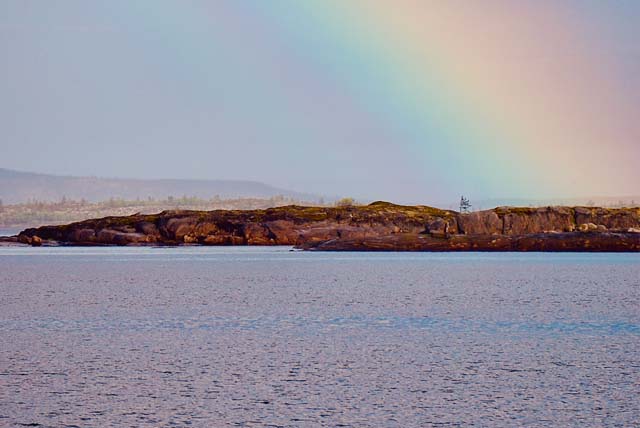Aparigraha, yoga and social media

I think that, in the west, we forget that yoga is a life-encompassing practice. As yogis, nothing is separate from yoga. Every aspect of our existence weaves in and out of each other, intertwined with our yoga practice, whether or not we realize it when it’s happening.
Something I’ve been struggling with recently (and I’m sure a lot of yogis are too), is how to take what we learn from our practice and apply it to living in a time period so rife with destruction and conflict.
My master’s degree I’m currently working on is called digital living, and is part of the study of information sciences. My bachelor’s degree was in journalism with a concentration in advertising. In both of my fields of study, we are constantly working with and assessing the impact of information overload on our societies.
The fact that everything we could have ever dreamed communication-wise, is nearly immediately shareable, wears on us all in different ways.
We honestly even talk about this in the yoga community, too; everyone is always trying to find that balance between our physical lives and our online ones. Some people choose to forgo social media altogether. Some limit their use, setting boundaries. Some just don’t care and use social media as often as they please. In my opinion, there is no one right way to handle the power of constant, immediate communication, because it depends on what each of us want and need out of these interactions individually.
However, I have seen many people recently feel the weight of knowing too much, too fast, and all the time because of our pocket computers. Current events and politics are brutal, no matter where you stand politically. Every day, it seems like an overwhelming number of tragedies, misfortunes, and injustices occur, and here we are, trapped with our eyes wide open, drinking in the information but feeling powerless as we absorb it. Because, within receiving the information immediately, we also, subconsciously, feel the need to be able to immediately do something about it. Comment sections stand in as a band-aid, because at least collective opinions make us feel less alone. They help us forget that beyond paying attention to where we spend our money, when we need to participate in voting, and when we choose to act by volunteering or protesting, most immediate action is out of our control.
Aparigraha. Non-possessiveness. Letting. This. Stuff. Go. It’s the last of the five yamas, which are all universal vows of restraint we put upon ourselves order to lead a more fulfilling life. Aparigraha, along with the other yamas, is part of Pantanjali’s eightfold path, which you can learn more about here[insert link]. To me, aparigraha makes me consider daily the difference between hooking my claws too deeply into things (expectations, people, grudges, etc.) and scaling myself back in order to find balance.
But here’s the problem that I find myself in: how exactly do you let it go? How do you find the ultimate sweet spot between being informed and being overwhelmed?
I honestly think that the more we look to our practice, the more we can begin to make sense of it.
The anger and frustration I feel when I read news articles about the troubles in the world… I feel it burn. Badly. My inability to let go of the injustices in the world causes me to lose sleep at night. It stresses me out. It makes me lose faith in my fellow humans. It makes me feel less hopeful about the future.
Our practice is supposed to help us take care of ourselves first, because only then do we have the most potential to help others. Kind of like in airplane emergency safety outlines; put on your own oxygen mask before helping anyone else put theirs on.
I think what has become more evident to me is that some of the grudges I harbor in my heart, while they can be detrimental to my quality of life, are risks, but they are worth it. Passion is part of life, and feeling passion spurred by the state of the world can be useful. Being informed enough, and bothered enough, to do our best to make a difference is necessary, and ensures those with more power are held accountable.
The importance within this mess is determining and practicing when to step back, when to look to our practice, our relationship with ourselves, to determine when our vast, instant accessibility to knowledge is only harming us, and not helping anyone else in the process.
By Heather
